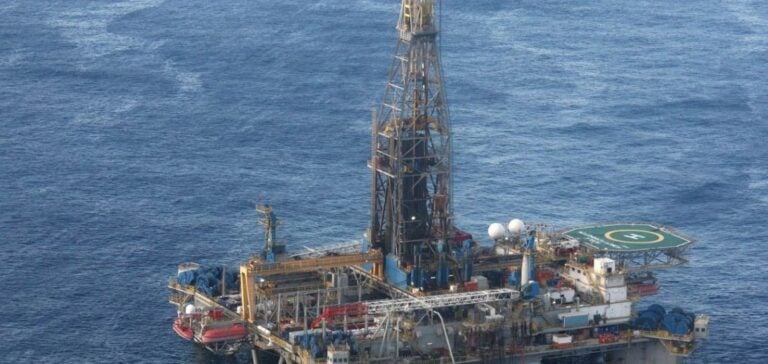Representatives from BP (British Petroleum) and the Abu Dhabi National Oil Company (ADNOC) are meeting with officials from Cyprus’ Ministry of Energy to explore investment opportunities in the natural gas sector.
The discussions come as energy companies seek to diversify their sources of supply in the wake of geopolitical turmoil.
BP and ADNOC have formed a joint venture to develop new gas resources in the Eastern Mediterranean.
Recent discoveries in Egypt and Israel have attracted growing interest, particularly following the disruption of gas flows from Russia.
Context and opportunities
Since 2007, Cyprus has awarded exploration licenses for 10 of the 13 offshore blocks surrounding the island.
Natural gas discoveries have been made in five wells in three of these blocks, but none of these resources are yet commercially exploited.
Current discussions are aimed at assessing opportunities for cooperation in Cyprus’ Exclusive Economic Zone (EEZ), where the island holds exclusive commercial rights.
Collaboration between BP, ADNOC and Cyprus could enhance the region’s energy security and offer significant economic opportunities.
The initiative by BP and ADNOC reflects a wider trend among major companies to diversify their sources of energy supply.
Strategic Investments
Earlier this year, ADNOC and BP proposed a $2 billion bid to acquire a 50% stake in Israeli gas producer NewMed Energy LP.
However, this offer was put on hold due to regional uncertainty.
This decision illustrates the complexity of energy investments in politically unstable but resource-rich areas.
The exploration and development of new gas resources in the Eastern Mediterranean could not only enhance the region’s energy security, but also create considerable economic opportunities for the countries involved.
Investment prospects in this region remain promising, with significant development potential that could transform the local and regional energy landscape.
Sustainable Development and Responsibility
Current discussions between BP, ADNOC and the Cypriot authorities include environmental and sustainability considerations.
It is essential to ensure that the development of gas resources is carried out responsibly, minimizing environmental impacts and maximizing long-term economic benefits.
The collaboration between these energy giants and Cyprus could represent a major breakthrough in the exploitation of gas resources in the Eastern Mediterranean.
This would contribute to the diversification of Europe’s energy supplies, reducing dependence on Russian imports.






















